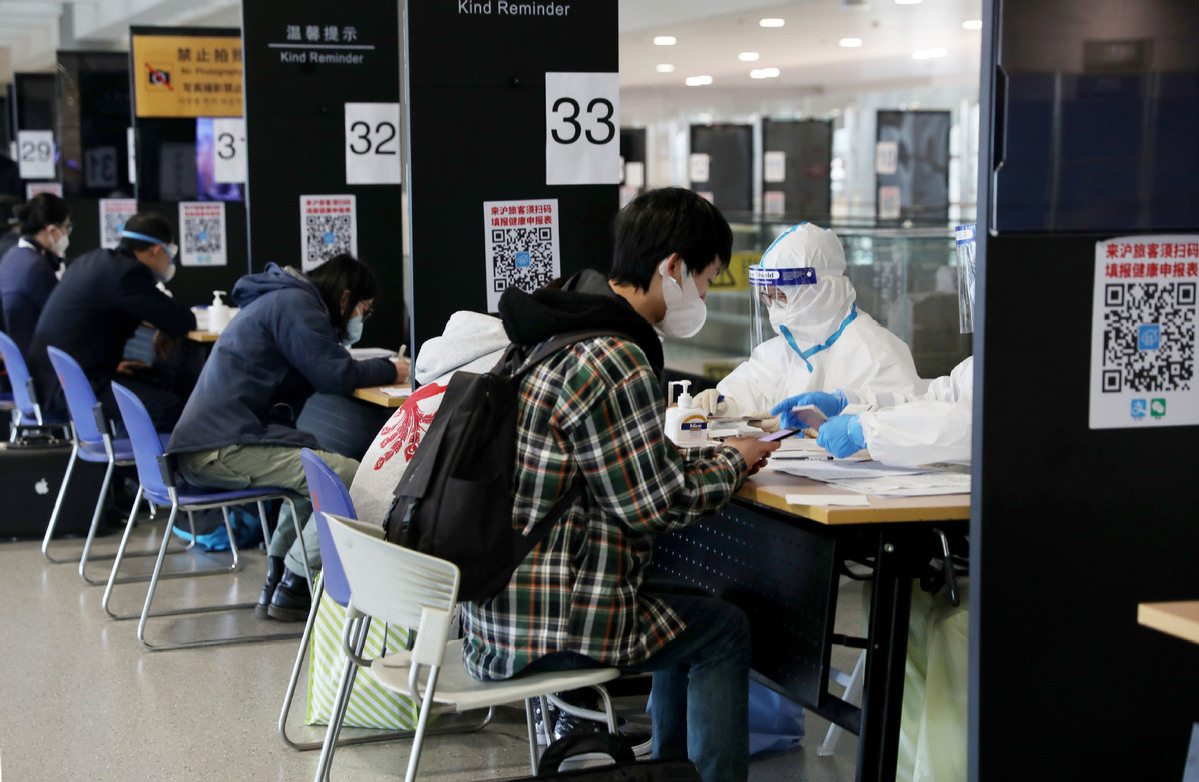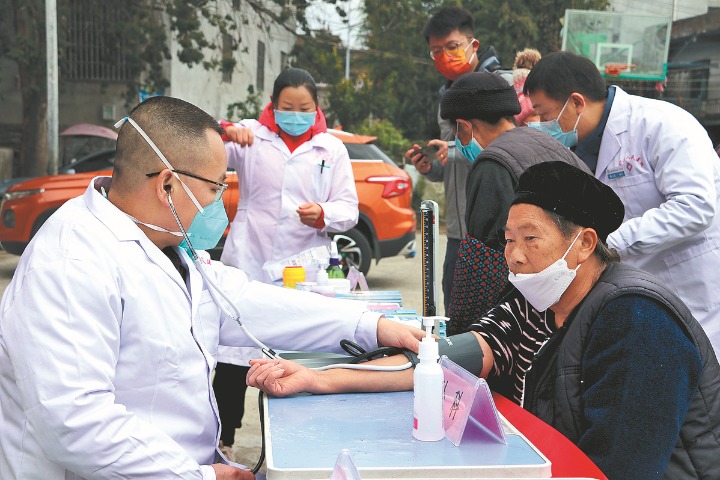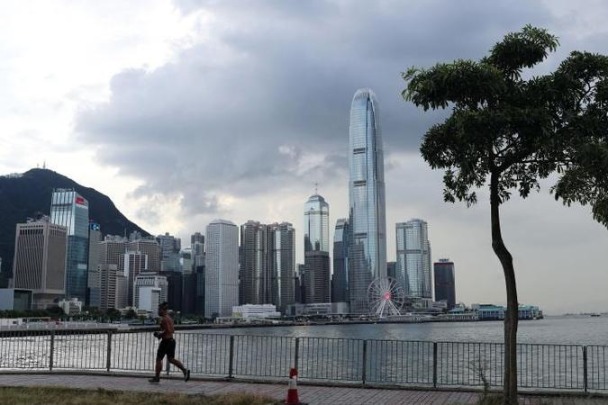How did the Chinese know their exposure history to COVID-19 confirmed cases?
It is important to note that the information provided in this Series is intended for your general knowledge only and is not a substitute for professional medical advice or treatment.

First, staff of local centers for disease control (CDCs) will take the initiative to inform close contacts of confirmed and suspected cases. Close contacts are located through massive and thorough epidemiological investigations and with the cooperation of community organizations, grass-roots health authorities, CDCs and public security departments. During the process, big-data platforms also play a vital role.
Second, local CDCs release travel details of confirmed cases to facilitate residents in self-checking of possible contact history. Releasing travel details of confirmed cases through official websites and press conferences is a regular job for relevant government authorities during this epidemic. For example, Beijing CDC releases information concerning communities or places associated with newly confirmed cases on a daily basis to inform possible infection risks. Meanwhile, China's Cyberspace Administration issued the Notice on Effectively Protecting Personal Information and Using Big Data to Support Joint Prevention and Control in early February, encouraging capable enterprises to provide big data support to joint prevention and control while requiring relevant authorities to protect the safety of personal information. Such principle is generally followed in the use of data. For example, information concerning patient's name and identity is masked in disclosing the travel history of confirmed cases.
Third, frequently-used new technology tools are employed to ensure access at any time and any place. By timely releasing travel history of confirmed cases, the social media accounts owned by government, media and other organizations enable such information to reach a broader audience at a fast speed. Meanwhile, the national government service platform launches self-help mini programs prominently displayed on apps including Alipay to support residents to check any possible overlapping travel history with confirmed or suspected cases. People can stay indoors and obtain information anytime and anywhere using a contact-free method.
Author: Xu Puheyan, Center for International Knowledge on Development
Please feel free to contact us by sending your questions to question@chinadaily.com.cn or commenting on China Daily app. We will ask experts to answer them.














